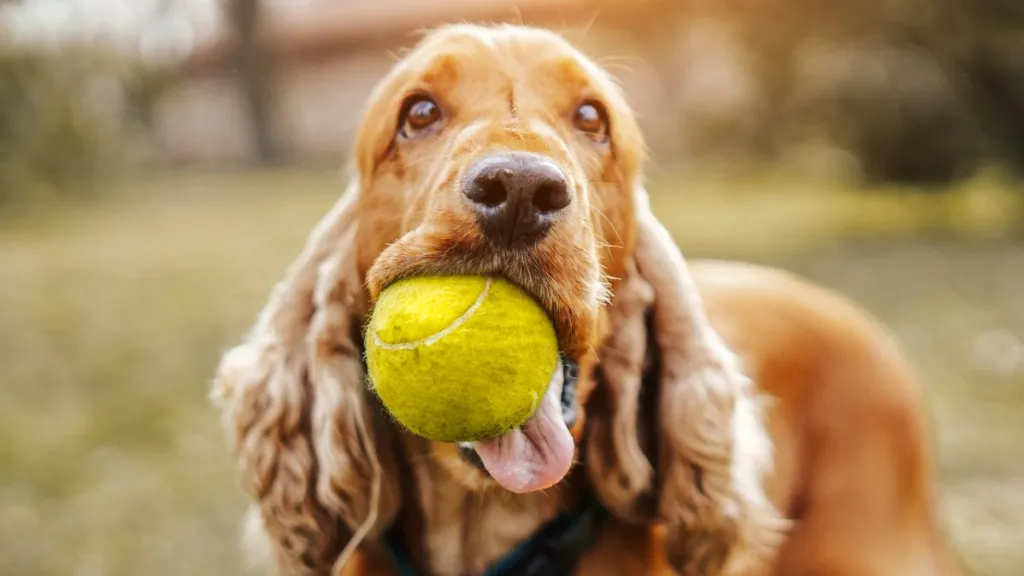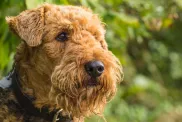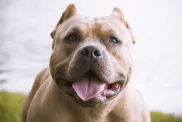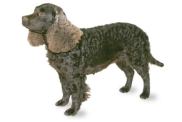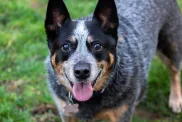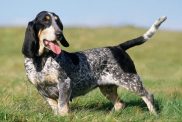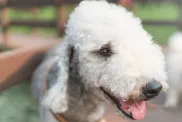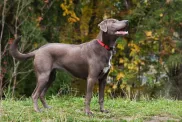Mouthiness, a tendency to nip, chew, and playfully bite, is a common behavior in puppies across many dog breeds. For some breeds, the tendency persists into adulthood, particularly with sporting and herding breeds. Because of this inherent instinct in many breeds, mouthy dogs are more inclined to use their mouths to hold or “herd” their human family members. Of course, this isn’t always appreciated! They require training to learn that chewing on toys is acceptable, but not on people. Breeds with a higher potential for mouthiness often greatly enjoy interactive games like fetch, as well as chewing on toys stuffed with kibble and treats.
Dog biting and mouthing
Puppy mouthing and nipping may seem cute initially, but it can develop into an unwanted habit as the dog matures, especially in breeds with a potential for mouthiness. It’s important to understand that in the early stages of a puppy’s development, biting and mouthing is one of the ways they begin to explore and understand their environment. These aren’t true bites, but rather the puppy using their mouth to sense and interact with its surroundings. Even so, it’s a good idea to teach your dog commands like “drop it” or “let go” from a young age. This will help curb the mouthing behavior before it becomes an entrenched problem in adulthood.
Training dogs with a potential for mouthiness
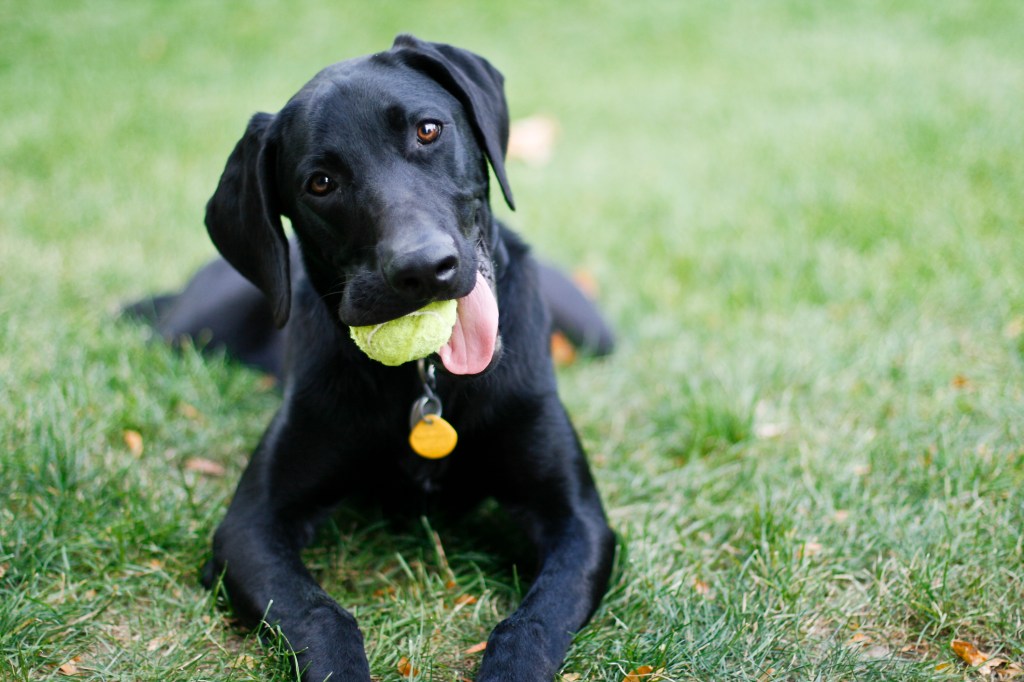
The best way to train your dog out of mouthiness is to teach them how to play with a gentle mouth. Whenever your dog puts their mouth on your skin, make a high-pitched yelp or squeal. This teaches them that biting hurts. As they learn that their bite causes discomfort, they’ll start to use less pressure. It’s crucial to help your dog understand that they may accidentally apply too much force, resulting in a painful bite. You’ll need to consistently use this technique until your dog only applies the lightest pressure, using just their gums, when engaging in playful mouthing behaviors.
The key is to show your dog that hard bites are unacceptable, so they learn to play more gently with a soft mouth. The yelping response reinforces this lesson over time, allowing your dog to develop more control and gentleness when playing with their mouth.CopyRetry
